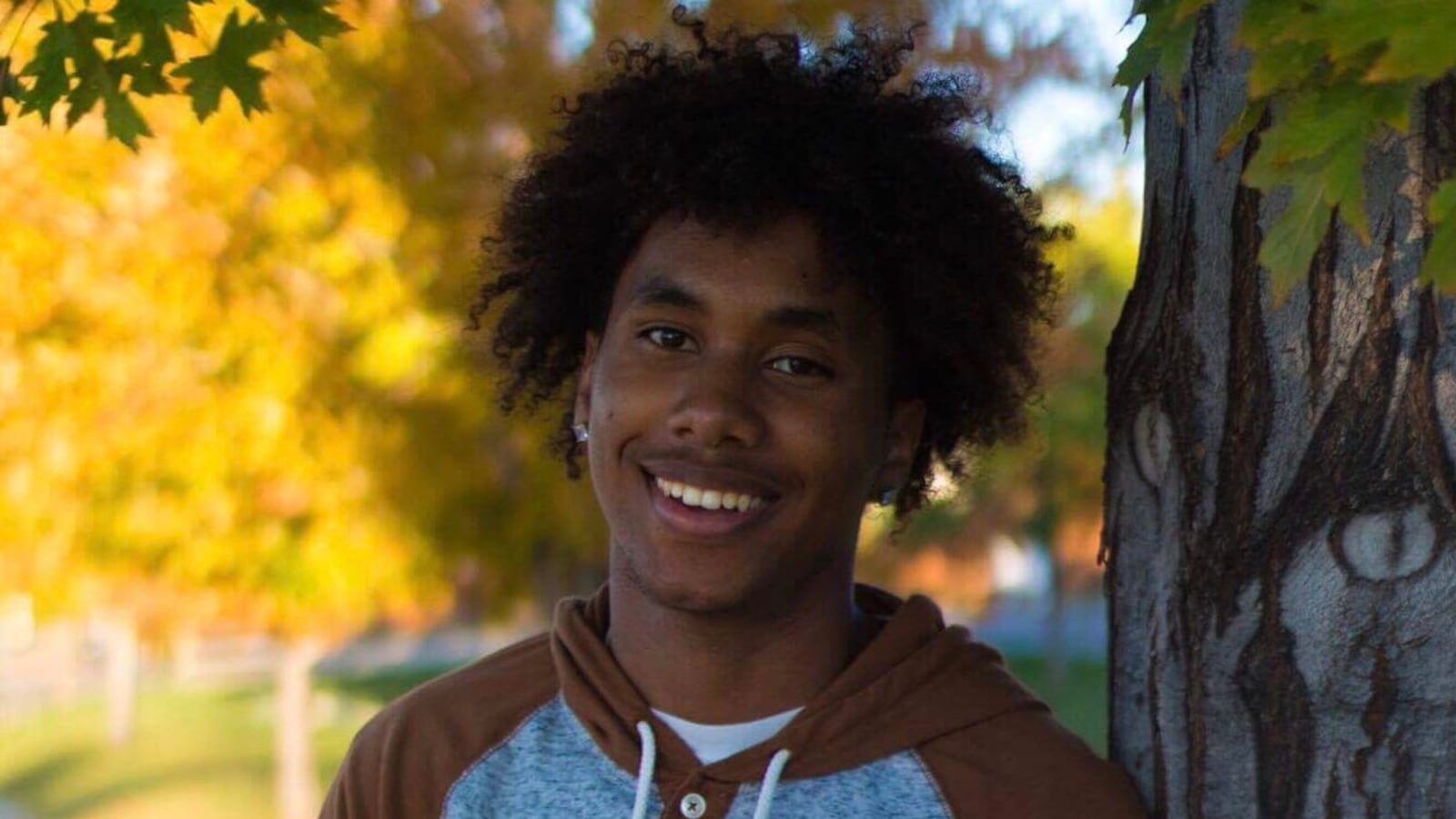Have you ever heard of the achievement gap? Every column, blog or article that I’ve read on this topic has never come from a African-American, let alone an African-American male.
Here is a voice that should be heard: mine.
Recent research from Stanford showed that African-Americans come in behind other students on standardized tests and enrollment in honors to AP and college classes. This is very important because the gap is also prevalent at Rangeview High School in Aurora, where I am a senior.
There really is a problem. Look at the facts: 25.8 percent of African Americans are in poverty according to Census information published in 2013. The problem is how their lives at home are affecting classroom behavior or attention in class. This goes for all races, but the trend is that many of the students with families living in poverty drop out of high school.
“I believe the achievement gap is a multi-level problem in the education system,” English teacher Mr. Jordan Carter, who works at Rangeview and is a mixed minority, told me. “The hardest thing about it is telling people it is a significant problem. We can solve it by devoting time and resources to find the problem and we need to address kids from all backgrounds. Kids with better resources usually do better.”
I see other problems, too. As a student at Rangeview, I’ve been in numerous AP, honors and CCA classes (college courses) throughout my high school career. What I really have noticed were the underprivileged kids being treated differently, almost like the teachers thought of them as troublemakers without even knowing them.
I’ve had many teachers stereotype me about drugs, hip-hop, if I have a dad and more, and it made me pretty uncomfortable to the point where I didn’t want to go to the class. I feel that when issues such as these that occur in the classroom, it makes students of color not want to focus, and teachers could probably use better training on how to teach kids that do not look like them.
Those students would continuously sit in the back of classes, wouldn’t raise their hand, and wouldn’t ask questions. I used to be one of them. It’s not because the urge to not learn, but the discomfort of the setting in the classroom. When you get looked at and thought of like that, you don’t feel welcomed.
It is becoming evident that Rangeview is in need of a serious sit-down with some of our staff, such as the principal, teachers and all administrators. That way, students can see where their minds are and how they are trying to deal with the way they feel about fair conditions in the classroom.
The administrators should also talk to students – particularly minority students – about our wants and needs so we as students can have some input. For the students who are struggling, it would be great to have counselors talk to them and find a way that would help the students improve their academic careers, such as tutoring or staying after school.
I have faced the stereotype of being another dropout who is eventually going to jail, but I use that as inspiration every day. I know that all African-American males and females can make a change by letting our voice be heard.
Although I haven’t been through as much as other African-American students, I’ve been through enough to have my opinion matter. We — as minorities — can also take responsibility to change this problem by staying in school and voting into our government people who will fund impoverished areas.
As a community we need to fight stereotypes together. We either defeat stereotypes together or become the stereotypes ourselves.
Ayden Clayton is a senior at Rangeview High School. This piece first appeared in the Rangeview Raider Review.
About our First Person series:
First Person is where Chalkbeat features personal essays by educators, students, parents, and others trying to improve public education. Read our submission guidelines here.

